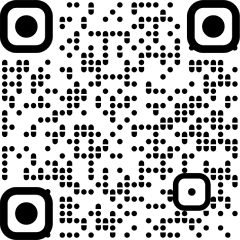‘United Against Hate‘ founder Khalid Saifi on Thursday approached the Delhi High Court against invocation of the charge of attempt to murder against him in a case related to the communal riots that erupted in parts of the city in February 2020.
The senior lawyer appearing for Saifi argued that once the offences under the Arms Act were dropped against him, and neither any weapon was recovered nor the alleged gunshot was attributed to him, the charge under section 307 (attempt to murder) IPC can’t be framed.
Justice Manoj Kumar Ohri, however, orally said that in view of the statements of witnesses about Saifi’s presence at the place of the incident and “provocation”, he was not inclined to entertain the plea.
“I will pass the order,” the judge said.
“Act of one, act of all. It will be open to you to cross examine whether you were present or not,” the court observed.
Communal clashes had broken out in northeast Delhi on February 24, 2020, after violence between citizenship law supporters and protesters spiralled out of control, leaving at least 53 people dead and around 700 injured.
According to the FIR registered at Jagat Puri police station, a mob had assembled in Masjidwali Gali in Khureji Khas area of northeast Delhi on February 26, 2020. The crowd refused to obey police’s order to disperse, threw stones and assaulted police personnel, the FIR said, adding someone also fired a gunshot at head constable Yograj.
According to the prosecution, Saifi and former Congress councillor Ishrat Jahan had instigated the “unlawful assembly”.
In January, the trial court had ordered framing of charges, including those related to attempt to murder, rioting and unlawful assembly, against Saifi, Ishrat Jahan and 11 others. The charges were formally framed in April.
All 13 were however discharged of offences of criminal conspiracy, abetment and common intention and charges under the Arms Act.
The senior lawyer appearing for Saifi argued in high court that she was confining the revision petition against the trial court order to invocation of section 307.
She said Khalid Saifi, who was one of the organisers of a protest in Khureji Khas, was himself a victim of custodial torture and there was no evidence, including CCTV footage, to show that he was part of the unlawful assembly or instigated violence.
“Firing took place separately. I am not connected to the firing. For invocation of section 307, the only evidence is that somebody fired.. And there is no injury consequent to the firing,” the counsel argued.
“Once they drop arms act against all of us and proceeded to separately prosecute the juvenile (for the firing), who has now been acquitted.. nothing to suggest Yograj even suffered a scratch, the test of credibility has to be there ,” she said.


